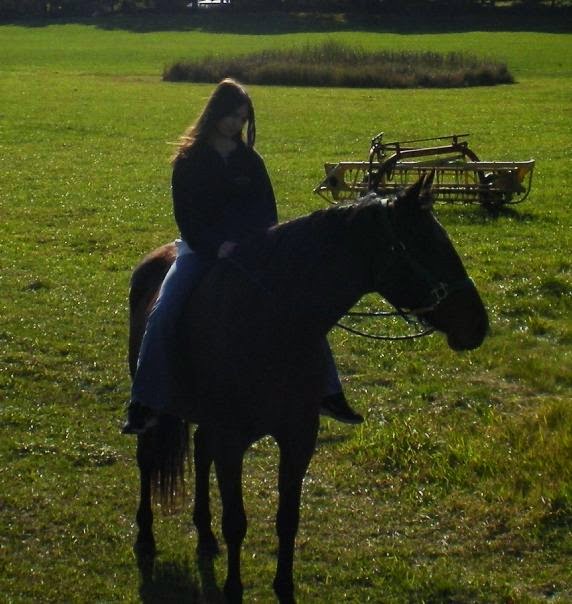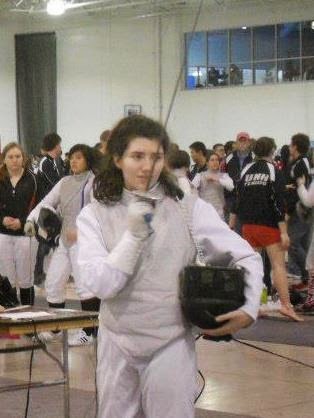In his speech entitled “The Crisis of
Syria’s Refugees in Lebanon,” Omar Dahi argued that the best outcome for Syria
would be if peace talks could create an opportunity for new leadership and a
greater sense of citizenship in Syria.
Dahi, an associate professor of economics
at Hampshire College and a native of Syria, spoke to about 50 captive listeners
last Wednesday in the East Events Hall of the Commonwealth Honors College.
Having spent the fall semester in Lebanon,
Dahi was able to observe first-hand the impact that the Syrian crisis is having
on surrounding countries mainly in the form of displaced refugees. He explained that Syrian refugees have
flocked to Iraq, Jordan, Egypt and Turkey, but that Lebanon has been most
affected as it is the only country that has not closed its borders to refugees.
Currently, one million refugees live in
Lebanon, representing about a quarter of the country’s population. However Dahi feels it is likely that by the
end of 2014, Syrians will represent half the people living in Lebanon.
“In many ways the Lebanese have been very
generous,” said Dahi. He explained that
they “don’t have the fiscal capacity to take in the refugees,” and that “the
crisis is too overwhelming for them to manage on their own.”
In all, there are about 2.5 million Syrian
refugees who have fled to surrounding countries and yet another 6.5 to 7
million internally displaced people who have sought safer zones within the
country.
In Jordan, the first country to shut its
borders to refugees, as in other countries, there is greater resentment toward
emigrating Syrians.
“In Jordan, they fear integration,” said
Dahi. “They argue that many rebel groups
are using the borders as a haven to escape fighting the government.”
Dahi explained that in Turkey as well you
see “almost daily attacks on Syrian refugees.”
In contrast, the Lebanese have little
appetite for war and are most accepting of the refugees in general, making it
one of the safest, as well as one of the only, places Syrian refugees can go.
Dahi explained that the countries that
closed their borders did so mainly for economic reasons. They could not handle the economic strain
that the refugees caused.
The situation in Lebanon is even more
severe, Dahi explained. Even before the
crisis, he said, the Lebanese economy was “not in the greatest shape.” The poorest regions of the country also host
the most refugees, which sends those regions spiraling further into poverty.
Dahi explained that many feel the problem
of the Syrian refugees is a “situation with no hope in sight.” Even if the crisis in Syria ends, “a lot of
these people won’t be able to return because their homes have been destroyed,”
he said.
In
his own interpretation of events, Dahi divides the Syrian crisis into two
phases. Phase one, from March 2011 to
March 2012, he classifies as the main period of Syrian uprising and revolution. During phase two, from March 2012 until the
present, a civil war has been unfolding in Syria.
Dahi breaks down the long-lasting conflict
even further, making it easier for his audience to understand the complex
struggle. He divides the underlying
causes of the Syrian crisis into three processes.
The first process, according to Dahi,
began with the Arab uprisings. The
initial rebellion in Syria was related to a ripple effect from the Arab
uprisings. The general context that was
unfolding in the region shaped peoples’ perceptions on how change might happen
and instilled them to act.
The second process, he continued, resulted
from the United States’ war against Iran.
The U.S. and its allies were “interested in encroaching upon power in
the region,” said Dahi. Thus they
focused on weakening Syria, an Iranian ally that was already viewed as the
weakest link.
The U.S. pushed to put in policy a foreign
government that would be more reliable to them, but Iran rigidly declared from
the very beginning that they would not let the Syrian regime fall.
The third process occurred when the U.S.
attempted to “settle its accounts in the Middle East,” and its power there
steadily declined. A division was
created between the U.S. and its allies Israel and Saudi Arabia as a result of
different ideas on how to solve the problem of the Arab uprising, creating even
more tension in the area.
Simply put, Dahi explained that “you have
many different sides pushing against each other and reaching a stalemate.”
Now Dahi feels that the best possible
outcome would be to “have a meaningful transition in Syria.”
Dahi argues that further political
fragmentation in Syria would lead to a weaker economic state and less
solidarity throughout.
Instead, he hopes that peace talks, which
were recently adjourned in Geneva, Switzerland involving the U.S., Russia,
Syria, Iran and Saudi Arabia, can create an opportunity for new leadership to
emerge in Syria. He also feels that it
is necessary to foster a sense of citizenship among the people living there.
After having listened to the whole of
Dahi’s speech, reactions from the audience were generally positive.
“I thought it was very informative,” said
Lauren McArdle, a sophomore at the University of Massachusetts. “I like how it focused on the refugee impact
on Lebanon because it’s not talked about a lot.”
Morgan Morselli, also a UMass sophomore,
agreed, saying, “Dahi did a great job clarifying why the refugees have such a
big impact.”
Mary Carey, a journalism professor at
UMass, had a similar opinion about the speech’s informative quality.
“I felt like I learned a lot about the
current situation in Syria and that it has gone from an internal uprising to a
kind of international battleground from Dahi’s organized presentation,” said
Carey.
By Shelby Ashline

